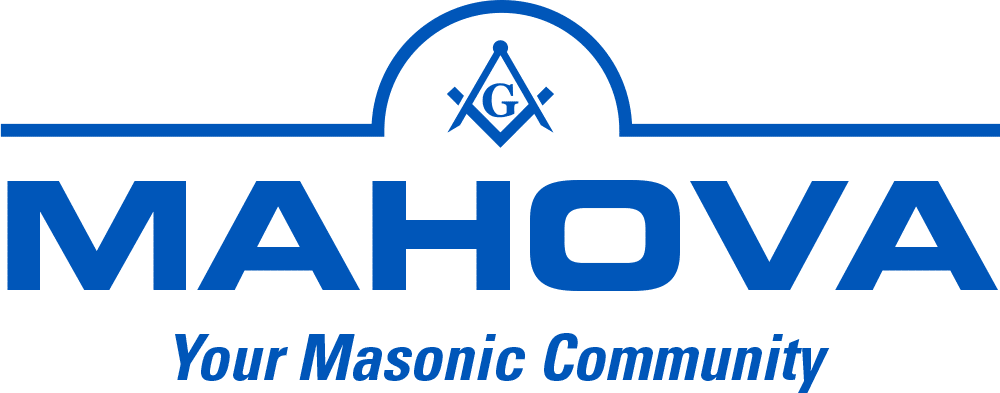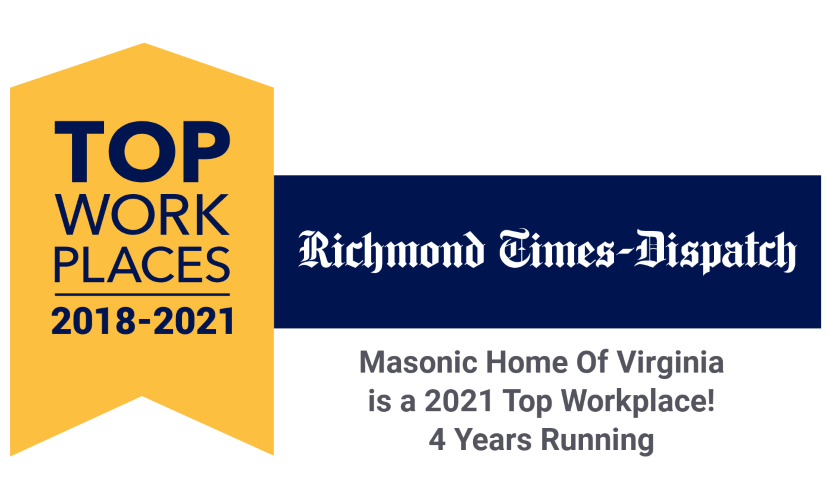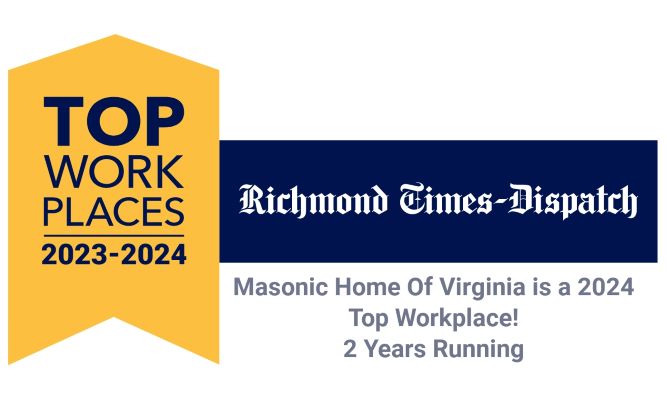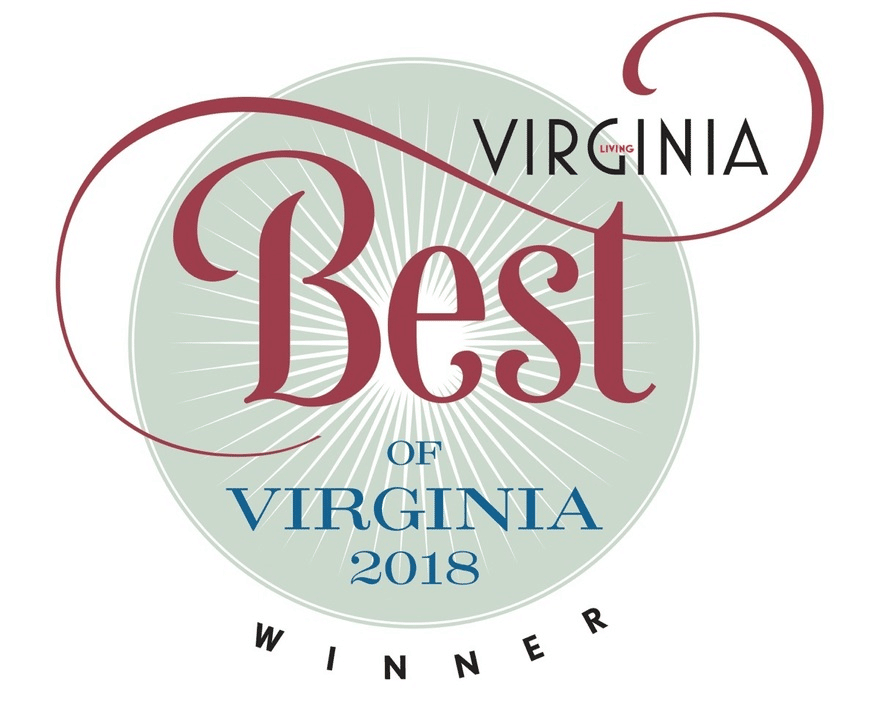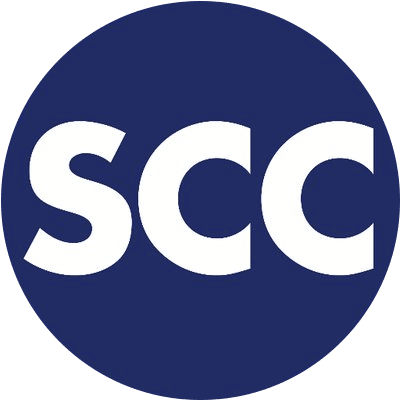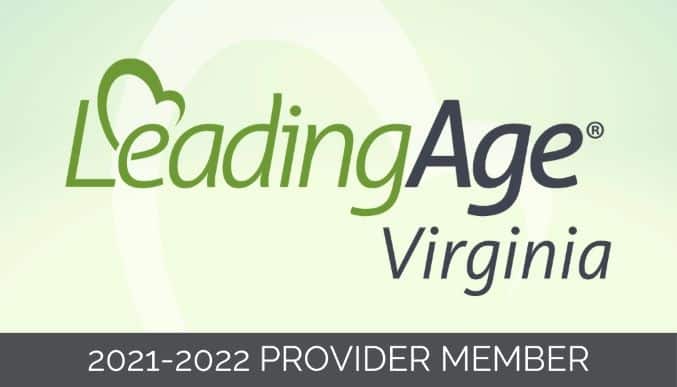A Distant Tomorrow
August 8, 2016
I have been reading a book recently, called But What if We’re Wrong?[1], wherein the author attempts to look at the present as though it were the past. The key point he makes is that it’s very, very difficult to tell what will be important in 50 years, especially when you base it on what’s important now. He cites Moby Dick and the works of Franz Kafka as prime examples of this seeming paradox: where disliked and relatively unknown works eventually become paramount to today’s world.
This made me think about the Masonic Home.[2]
You know the story by now:[3] started as a home for youth, we transitioned to adult care in the 1950s, and by the 1970s, we are MAHOVA, a continuing care retirement community. Looking back, it seems inevitable. With medical advances and increased workplace safety over the course of the 1900s, parents began to live longer. Coupled with the increased role of women in the workplace following World War II a home for youth became less necessary in the Masonic fraternity. The average number of admissions in the 1960s was just over three per year, less that 1/8 of the pre-war peak of admissions in the 1920s.
When I give it some thought, though, I can’t help but wonder if the founders knew that the day would come when the Home would not need to be a home for youth. I tend to doubt it, and if they saw a time when it was not needed for children, I don’t think that they would have envisaged a retirement community. The point I’m driving at is that the Home today isn’t what it was supposed to be. With that in mind, I would like for you to imagine with me MAHOVA of tomorrow.
First, I don’t mean in a robots-will-be-feeding-residents kind of way, or that residents will be hooked up to a giant power grid like in the Matrix. What I mean is less science fiction and more immediate. The Masonic Home of tomorrow could be something like what has already happened to a number of Masonic Homes across the country. Many of our counterparts in other states have either folded or opened to people outside the fraternity. I’m not saying this is necessarily bad. After all, we pride ourselves in doing good unto all. I am saying, though, that this is a stark difference from what we currently do at the Masonic Home.
What we have in our Masonic Home is something to be proud of. That we are still a “Mason-only” campus is nothing short of spectacular and a testament to the leadership of our organization. More than that, it speaks to the level of support our Brethren have shown over the years. We exist for you and because of you. But how we exist in the future remains to be seen. If we want to exist as a retirement community for Freemasons, their wives, and their widows, we have to accept a call to continue the phenomenal support that has paved the way for our first 125+ years.
When you think about it, we start each year with a deficit. We budget around $13 million to go toward the support of our residents and Outreach recipients, and come January 1, the donations counter ticks over to zero. That means the Home has to come up with a way to go from zero to $13 million over the course of the year. As the number of Masons in Virginia continues to decline, each of us will have a bigger and bigger bucket to fill.
Now, it’s not that dire. We are fortunate enough to have an endowment that alleviates some of that burden, and we do collect fees from residents of the Home. BUT, the onus remains on us to close as much of that gap as possible. And there are many ways to do that.[4]
Think about MAHOVA of tomorrow. What do you see?
[1] Chuck Klosterman, 2016. This is not an endorsement of the book, although it is thought provoking.
[2] I don’t have a lot going on.
[3] And if you don’t, check it out: https://www.mahova.org/about/history/
[4] Check out www.mahova.org/give/


